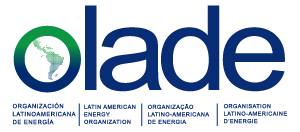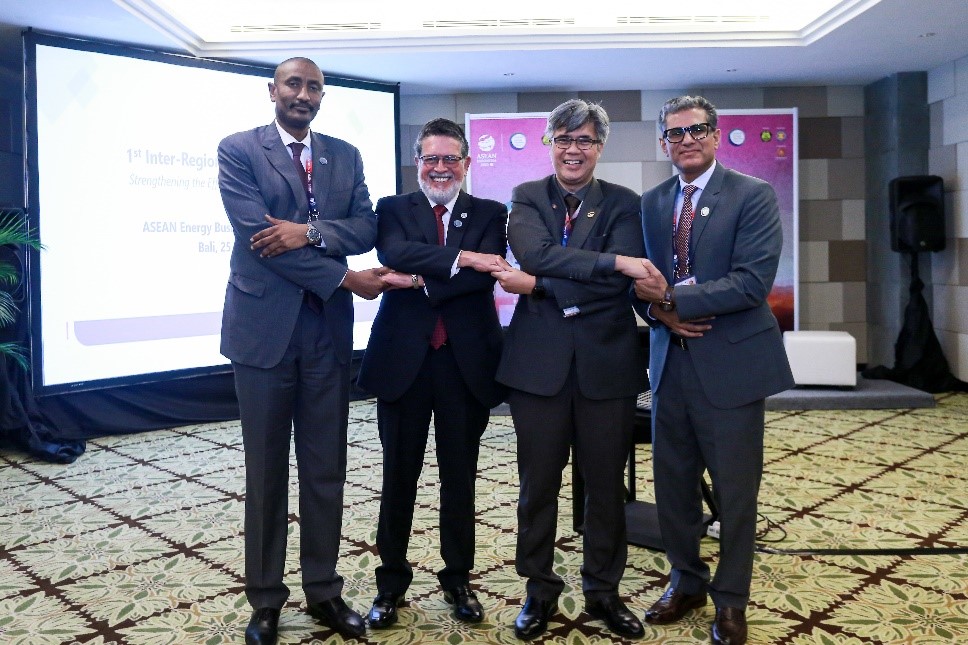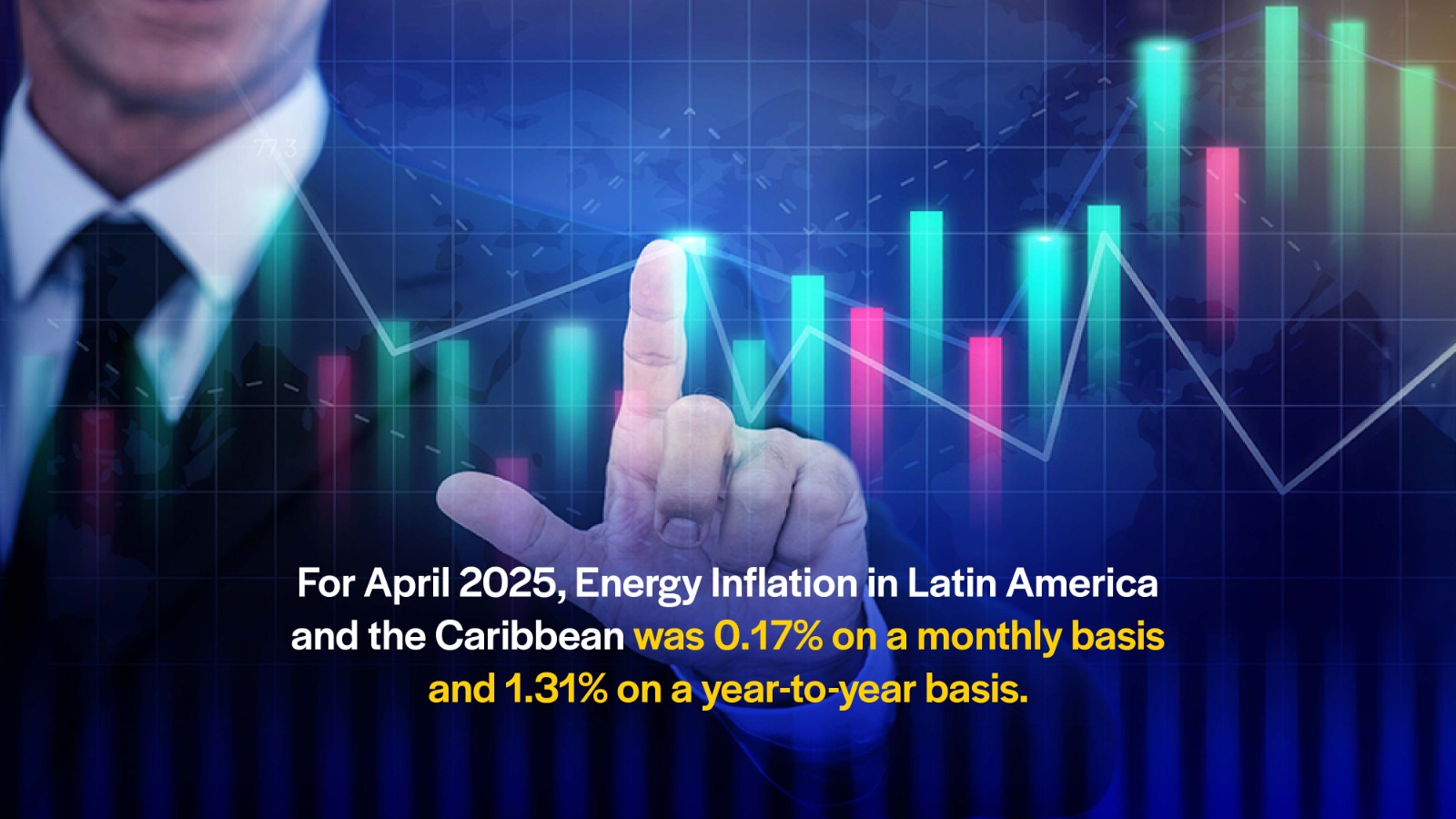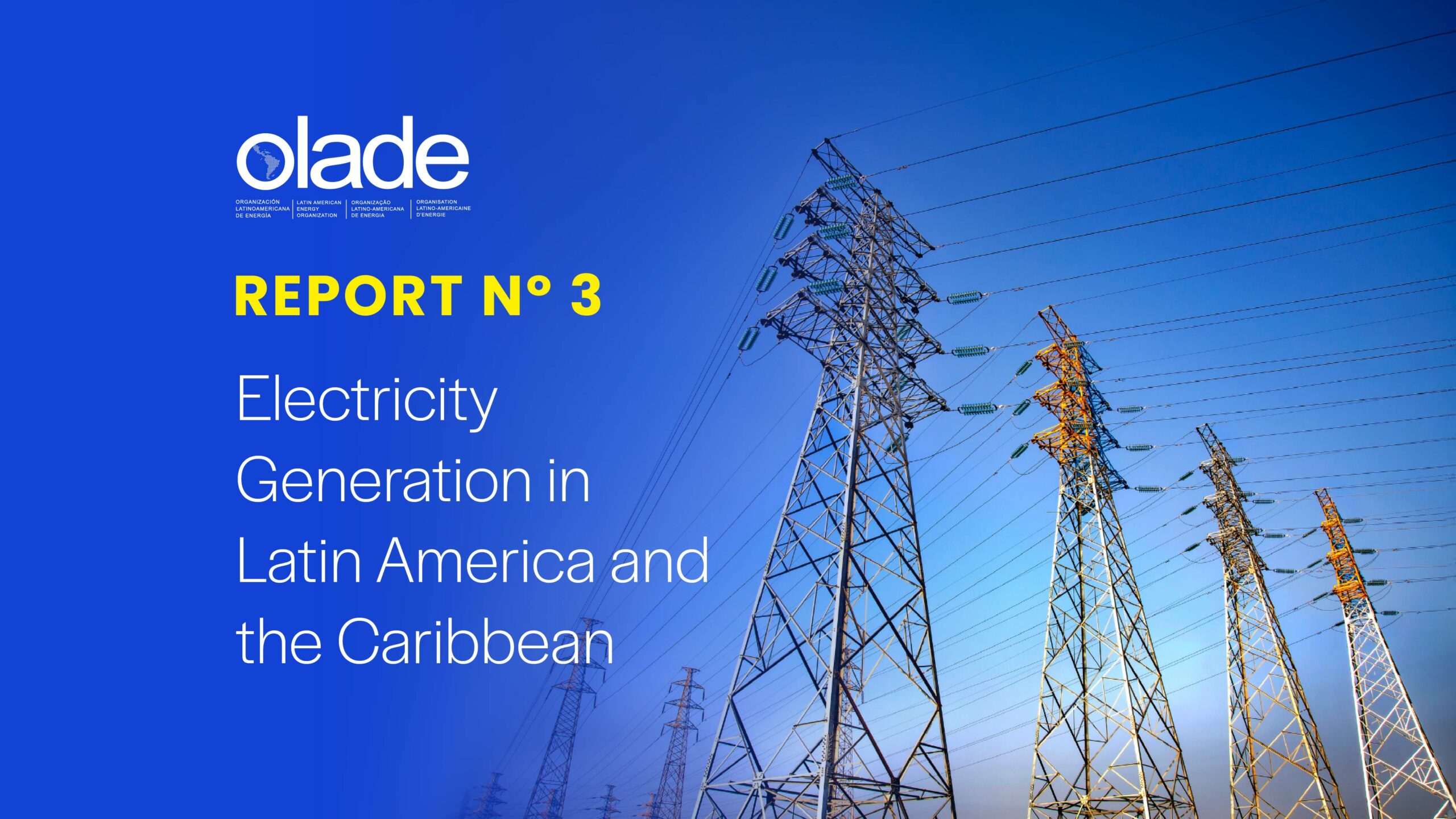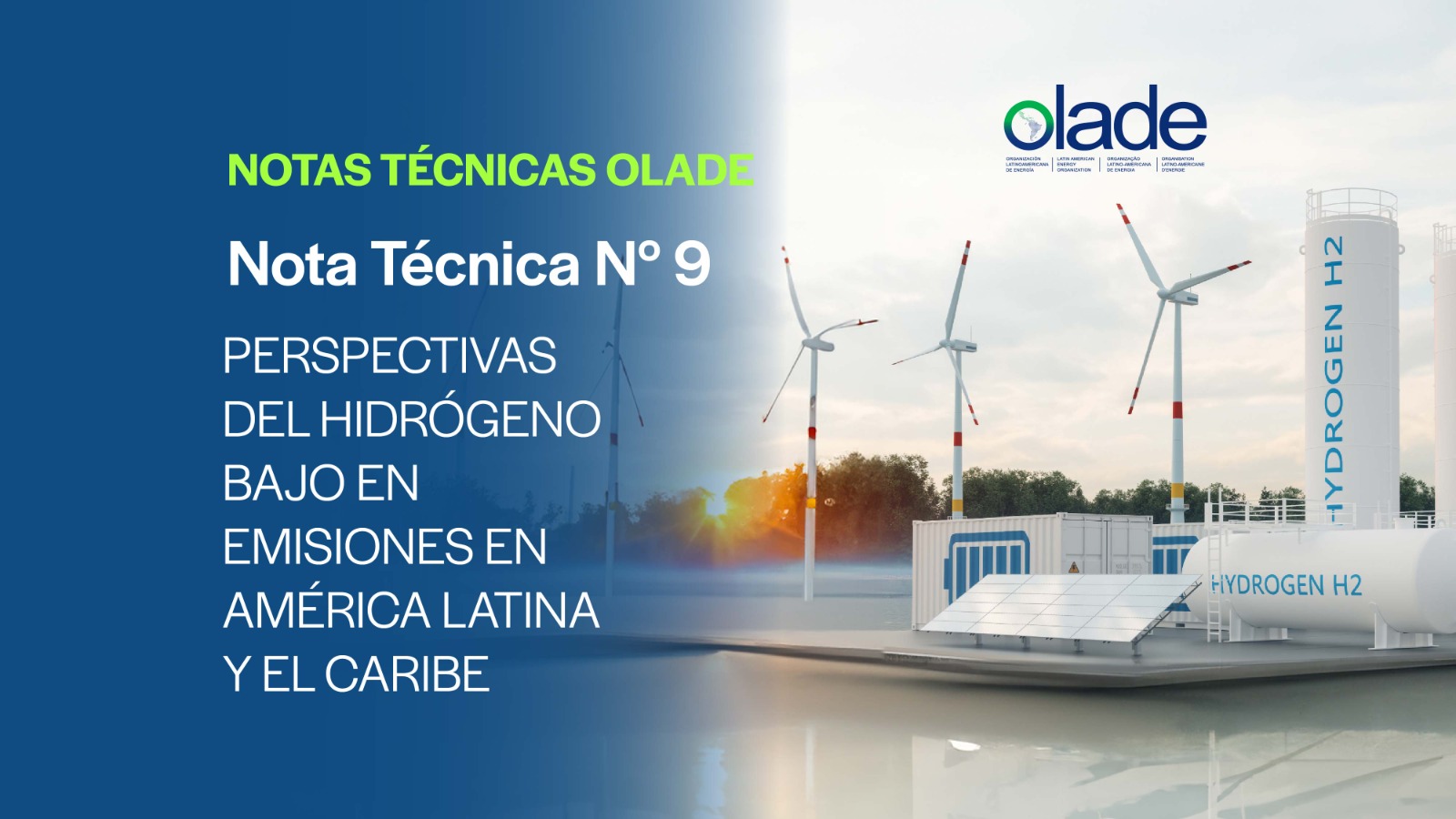The ASEAN Center for Energy organized the 1st Interregional Energy Forum (IREF) on August 25, 2023, in Bali as a parallel event to the 41st ASEAN Ministers on Energy Meeting (AMEM) and the ASEAN Energy Business Forum (AEBF) 2023. The 1st IREF had the theme “Strengthening Efforts Towards Energy Transition” with the goal of fostering dialogue, knowledge sharing, and capacity building in the energy landscape within ASEAN and other regions.
The Forum brought together representatives from intergovernmental energy organizations: the ASEAN Center for Energy (ACE) from Southeast Asia, the Latin American Energy Organization (OLADE) from Latin America and the Caribbean, the African Energy Commission (AFREC) from Africa, and the South Asian Association for Regional Cooperation (SAARC) Energy Center (SEC) from South Asia. It also had participants from international organizations, including the International Energy Agency (IEA), the Asian Development Bank (ADB), the United States Agency for International Development’s Southeast Asia Smart Power Program (USAID SPP), the United Nations Economic and Social Commission for Asia and the Pacific (UN ESCAP), the China National Renewable Energy Center (CREEI), the Energy Transition Partnership (ETP), and Clean, Affordable, and Secure Energy (CASE) for Southeast Asia.
Dr. Nuki Agya Utama, Executive Director of ACE, inaugurated the Forum with words explaining the purpose of organizing this event. He stated, “IREF aims to establish strong communication and collaborations among regional organizations to achieve secure, accessible, affordable, and sustainable energy for all through knowledge exchange, capacity development, joint projects, policy dialogues, energy investment forums, and other forms of cooperation.”
From OLADE, Medardo Cadena, Director of Studies, Projects, and Information, participated. He revealed that in 2021, the transportation sector accounted for 26% of final energy consumption in Latin America and the Caribbean (LAC), with fossil fuels as the primary source of energy. However, he emphasized that 33% of the total energy supply in 2021 came from renewable sources.
Cadena pointed out that the diversity and abundance of unconventional and renewable energy resources in the region are one of its strengths. In 2021, 676 GW of hydroelectric energy were identified, with 29% (about 190 GW) harnessed, representing 41% of the total installed capacity in LAC. In total, 60% of installed energy capacity came from renewable sources. This development will be crucial to meet the region’s projected 63% increase in final energy consumption by 2050. Ultimately, Cadena acknowledged that fossil fuels will continue to play a significant role in the region’s energy landscape.
Communications and Institutional
Relations Department
josefa.corral@olade.org
